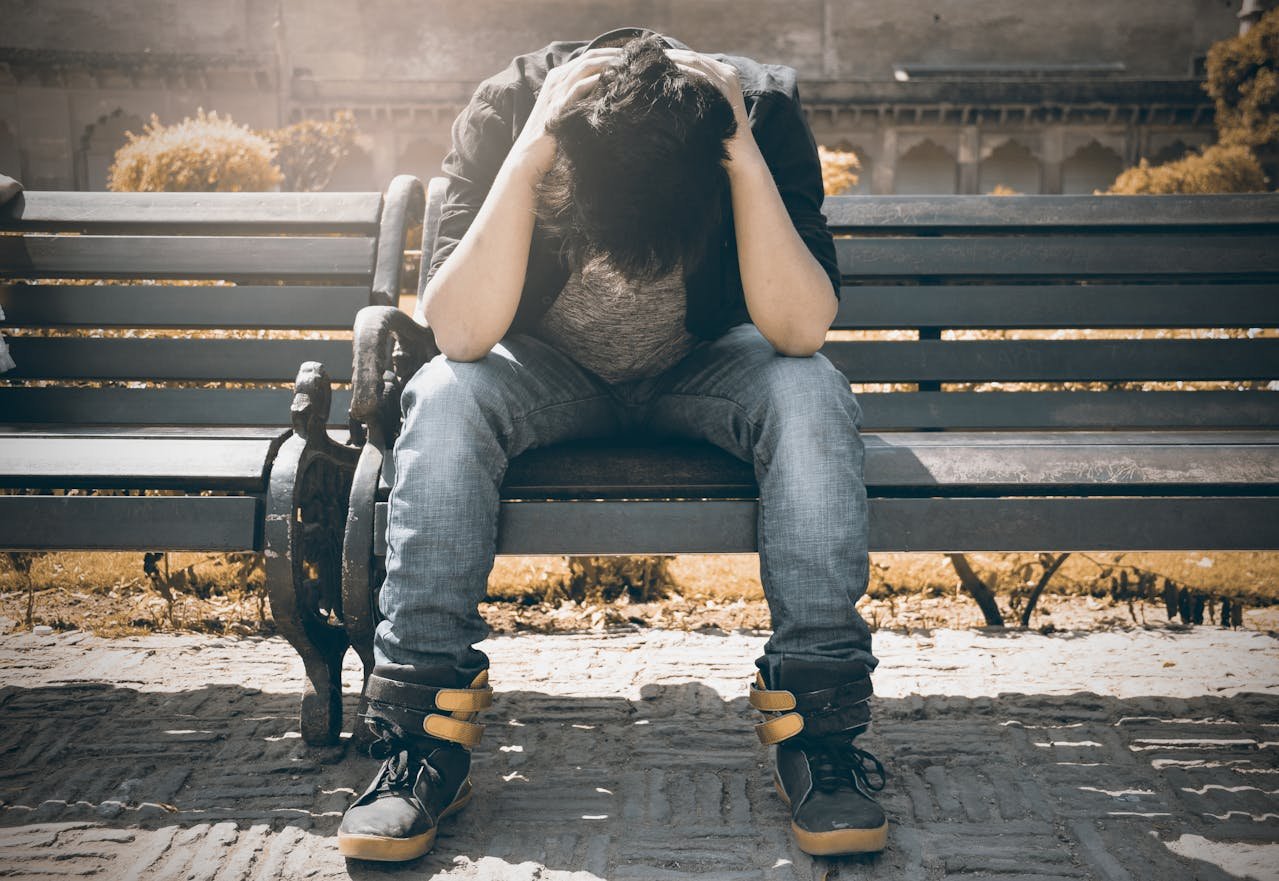Signs & Symptoms of Depression
Depression is one of the most common mental illnesses in the world. Because of that, it can sometimes be hard to notice or understand the signs and symptoms. Some people have more high-functioning depression than others, and the signs might not always be outwardly visible.
But, recognizing depression in yourself is important. The sooner you recognize the signs, the sooner you can reach out for the help you deserve.
Keep in mind that even high-functioning depression is depression. Even if your symptoms aren’t severe, it’s depression. It’s not something to take lightly, and trying to “ignore” your symptoms will likely make them worse.
So, what are some of the common signs and symptoms of depression?
It’s More Than Sadness
Perhaps the most common and well-known sign of depression is simply feeling sad. While it’s true that sadness can mean you’re depressed, it’s more than just feeling down once in a while.
Depression is often characterized by a deep, overwhelming sadness that persists for weeks without easing up. Everyone gets sad from time to time. Depression creates a low mood that can make it difficult to want to do anything else. That low mood also often triggers a variety of other symptoms, including loss of interest, withdrawal from family and friends, and a lack of motivation to do anything.
Feeling Hopeless and Helpless
The sadness that comes from depression can also change your outlook on things. You might feel hopeless and helpless about the state of the world or about your personal situation. It can feel next to impossible to find a silver lining or to see what “good” might come in the future because you’re so stuck on how bad things seem.
Those feelings of hopelessness can also change the way you see yourself. It’s not uncommon for people with depression to have low self-esteem. You might struggle with guilt or shame, even when there’s no real reason to.
These feelings often create a vicious cycle. The worse you feel about yourself or even the state of things in your life, the harder it is to break free from those depressive thoughts.
Depression Is Physical
While depression is a mental health issue, it can create physical symptoms.
For many, depression impacts healthy sleep. Again, this is an unfortunate cycle. The more depressed you are, the more you might struggle with sleep issues. But sleep is essential for your mental well-being. The less you sleep, the more depressed you might become.
Other physical signs of depression include fatigue, restlessness, loss of appetite, excessive crying, or extreme weight gain or weight loss.
The Effect on Relationships
Depression feels like a very personal thing. You might think no one could understand what you’re going through or how you feel. In some cases, that might be true. But depression can impact everyone in your life.
It can cause you to push people away, avoid doing things, or even interact with those you love.
Additionally, depression can cause you to become irritable and intolerant of others. You might be quick to “snap” at someone, even if they didn’t necessarily do anything wrong. Your lack of motivation can keep you from putting in effort in your relationships, and those you’re around might feel like you don’t care or are indifferent to their presence.
What Can You Do?
If any of these signs and symptoms sound familiar, there’s good news — depression is often very manageable. Therapy is one of the best ways to help with depression. You can discover the root of what’s causing it and learn healthy, effective techniques to manage your symptoms and eventually get rid of your depressive thoughts.
If you’re interested in learning more or you’re ready to reach out for help, please don’t hesitate to contact us for depression treatment.

